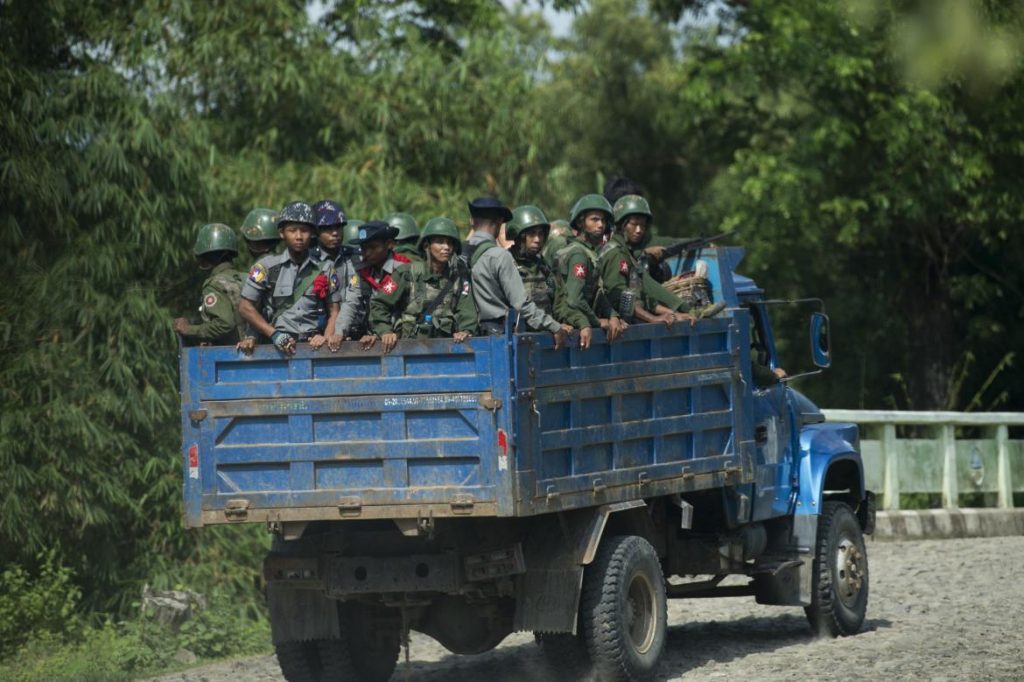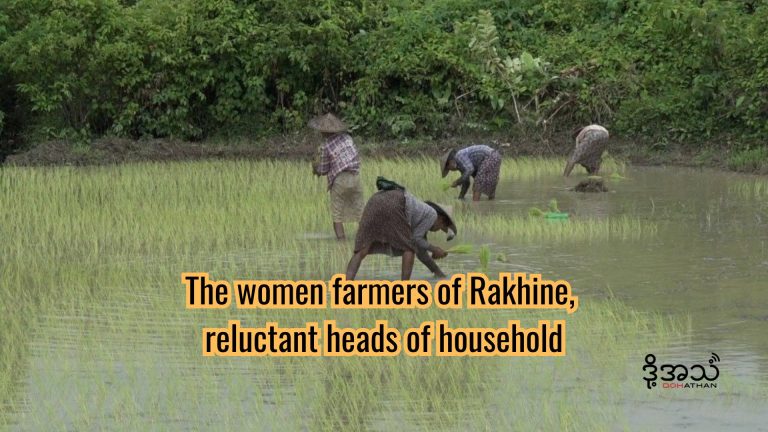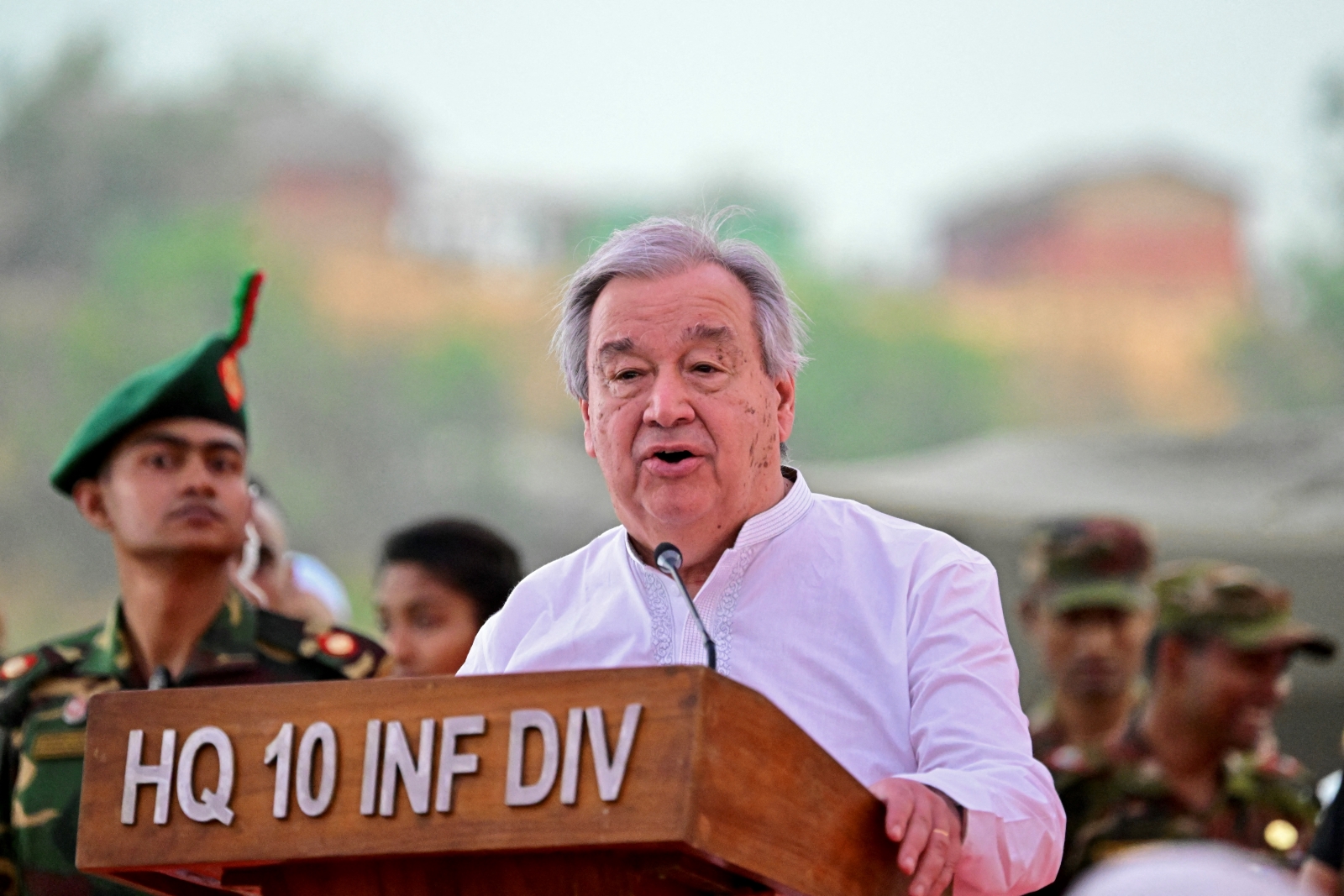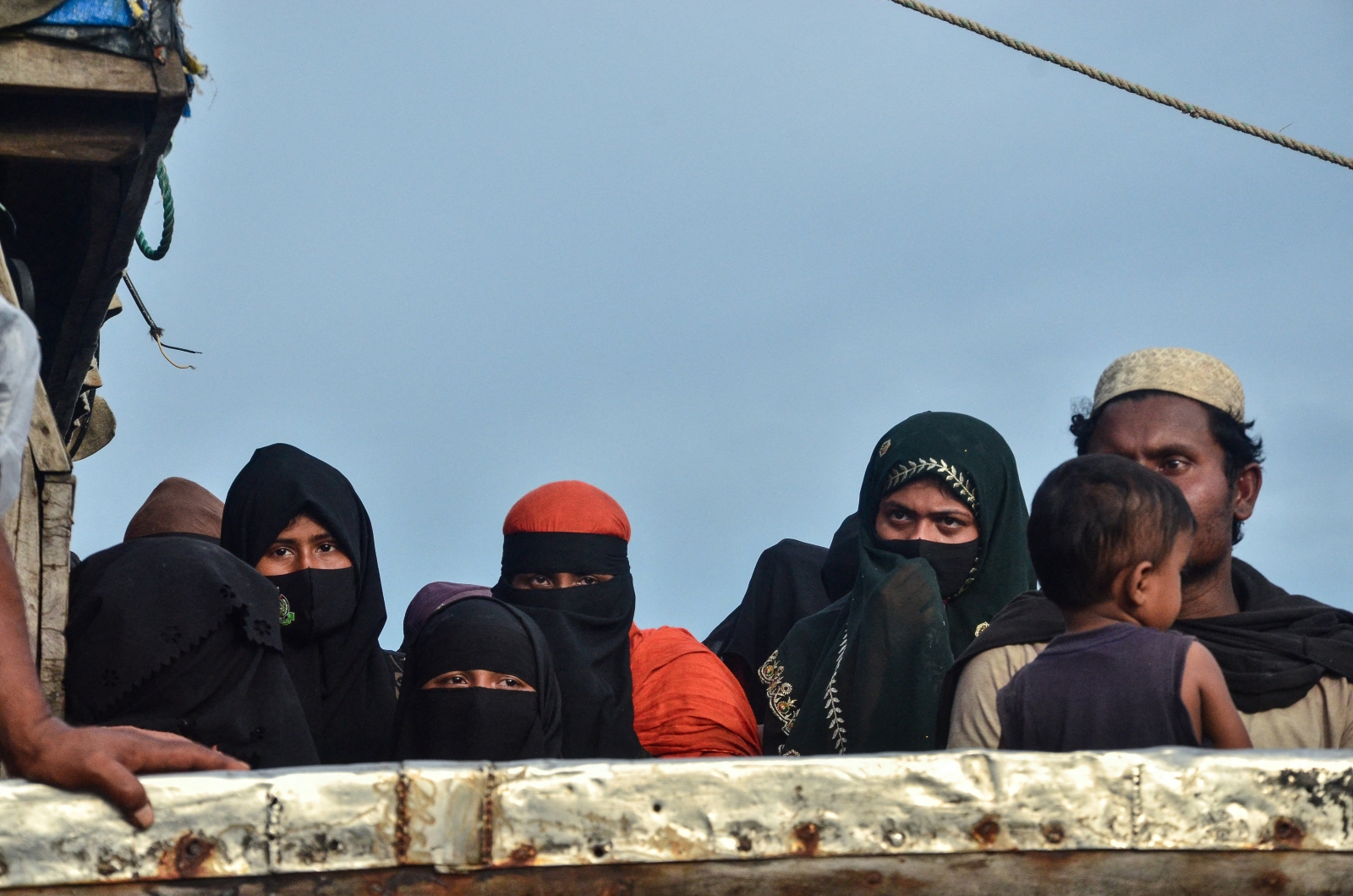By FRONTIER
* ‘Harakah al-Yaqin’ behind October 9 attacks
* Foreign funding, training supporting new insurgency
* ‘No evidence’ of Rohingya Solidarity Organisation involvement
* Security response risks ‘deepening cycle of violence’
YANGON — The recent attacks on security outposts in northern Rakhine State were conducted by a new Muslim insurgent group there, while the strong response from security forces risks making an already bad situation much worse, a new report says.
The International Crisis Group’s Thursday report, Myanmar: A New Muslim Insurgency in Rakhine State, said the new group, which led attacks on three Border Guard Police outposts in Maungdaw and Rathedaung townships that claimed the lives of nine security officers, calls itself Harakah al-Yaqin (Faith Movement).
Citing interviews with four members of the group in Rakhine State and two outside Myanmar, as well as people in contact with members on messaging apps, the ICG said Harakah al-Yaqin is led by about 20 ethnic Rohingya — a term the Myanmar government rejects — in Saudi Arabia with links to Bangladesh, Pakistan and “possibly India.”
About 20 ethnic Rohingya leading operations in northern Rakhine State have received “international training and experience in modern guerrilla war tactics,” the report said.
Support more independent journalism like this. Sign up to be a Frontier member.
ICG said its research could reveal a “partial” picture about the group’s organisation and structure.
In a series of videos released by Harakah al-Yaqin, the main speaker is identified as Ata Ullah — also known as Abu Amar Jununi within the group, and called Hafiz Tohar or by the Myanmar government.
The report said that, contrary to government claims in the aftermath of the initial attacks, there was no evidence that the Rohingya Solidarity Organisation was involved in the planning of the October 9 violence, adding that the RSO had been effectively defunct since the early 2000s.
Born in Karachi, Pakistan, his family moved to Saudi Arabia and he grew up in Mecca, ICG said, adding that he disappeared from Saudi Arabia in 2012, shortly after violence erupted in Rakhine State between Buddhist and Muslim communities. In that year’s violence, more than 100 people were killed and about 140,000 displaced.
ICG said that there are indications that Ata Ullah received training in Pakistan and, alongside other militants operating on the ground, is thought to have experience in other conflicts, including Afghanistan and Pakistan.
It said there were some links between Harakah al-Yaqin and international “jihadist” groups but noted that it appears that the Rakhine-based group is an insurgent group not motivated by global jihad, but in targeting Myanmar security forces and trying to obtain rights for the estimated one million Rohingya people in Myanmar, most who have been denied citizenship and freedom of movement since the violence in 2012.
ICG said that some of the methods used by Harakah al-Yaqin, including weapons such as roadside bombs, appear to confirm links to organisations operating in other countries. Additionally, the report said, group members confirmed links to figures or groups in Bangladesh and Pakistan.
The Myanmar government said it had learned from its interrogations of those involved in the October 9 attacks that training had been provided in those two countries.
The report said that, in order to carry out the attacks, it would have needed some support from local communities in northern Rakhine State.
“Yet, this has never been a radicalised population; that some now embrace violence reflects deep policy failures over many years,” it said.
Although the Rohingya follow a conservative form of Islam, the majority of the population recognise that resorting to an armed resistance would not aid their objective of achieving rights and recognition in Myanmar.
However, the report said that several factors, including the disenfranchisement of Rohingya before last year’s election, a perception that the new government is not interested in resolving their issues, and the closing of sea migration routes by Thai authorities last year, had contributed to the feeling of despair among people there, potentially contributing to some joining the armed movement.
Security crackdown
In response to the attacks on October 9, and the days that followed, the government has conducted a heavy security crackdown. At least 86 suspected attackers have been killed, and hundreds arrested, according to state media.
Humanitarian and independent media access has been cut off to the region and the United Nations estimates that 27,000 people have fled across the border to Bangladesh.
The response has led to accusations of disproportionate force, including claims of extra-judicial killing, mass rape and the torching of villages. The military and government have vigorously denied all claims.
ICG said that the security response had some similarities to the military’s “four cuts” strategy developed in the 1960s as part of aims to cut off rebel groups’ access to food, funds, intelligence and recruits.
It called the emergence of a new Muslim armed group in the restive state a “serious threat to prospects for stability and development there.”
The report warned that a fierce security response would create deeper divisions between communities and potentially increase “support for HaY” and provoke a deeper cycle of violence.
“A heavy-handed security response plays directly into the hands of Harakah al-Yaqin by further alienating the local population and increasing support for the group,” Mr Tim Johnston, ICG Asia Program Director told Frontier by email.
In its recommendations, ICG urged the government to allow humanitarian and independent media access to the area and develop a thorough political strategy and close cooperation with border countries and other members of the Association of Southeast Asian Nations.







